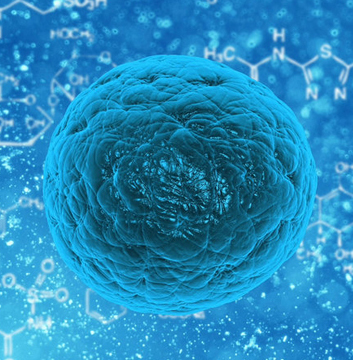
Children’s cancers present very different challenges to adult ones. So do cancers in teenagers and young people.
That gets right to the heart of our work. In order to give young people, teenagers and children with cancer the best chance of survival without side effects, we have to approach their diseases differently.
Our network of paediatric Experimental Cancer Medicine Centres (ECMCs) makes that possible. When conventional treatments aren’t working, ECMCs give children with cancer, as well as young people up to the age of 24, access to trials testing promising new medicines that aren’t available anywhere else. And, in doing so, they help doctors and researchers find more effective and less toxic drugs.
Ultimately, ECMC network trials bring the medicines of the future closer to the children and young people of today.
And now, for the first time, The Little Princess Trust is providing a substantial investment, partnering with us and the devolved health departments – the National Institute for Health and Care Research, the Chief Scientific Office in Scotland and Health and Care Research Wales – to help support and develop the network.
For the 5 years from 1 April 2023, charity and government are contributing a total of £6.6m to the paediatric ECMC network. That’s almost three times the amount from the last 5-year period.
Ghorashian’s team is currently working hard to optimise new types of CAR T-cell therapies for ALL. They’re trying to improve outcomes for patients receiving immunotherapy, and they’re showing why ECMC support is so important.
We’ve known for a while that, to work best against ALL, CAR T-cells need to stay in the body for a long time.
“It means that you can deliver the CAR T-cell therapy on its own, and you don’t have to keep on treating the kids with other toxic treatments like bone marrow transplants,” Ghorashian explains.
But there’s no shortcut to making long-lasting CAR T-cells. Good research can take a long time – especially if researchers don’t have a smooth way of transitioning from one trial into the next.
Ghorashian’s team had that transition. It’s helped them find new approaches to some of the biggest challenges in CAR T-cell therapy.
“We did another study before, which was less successful, but the lessons we learned from it were absolutely invaluable,” she says.
With the support of the ECMC network, other immunotherapy researchers will have the same opportunity to build on previous trials. Even apparently unsuccessful studies will play a role in developing safer and more effective ways to help young cancer patients.
“The ECMC funding makes it feasible to run expensive clinical studies,” says Ghorashian. “We can do little things to manage the toxicity or improve how we deliver the cells, and something that didn’t work can start making a difference.”
The differences she’s talking about can save lives. They can also make lives easier to live – free from side effects like hearing loss, organ damage and infertility.
